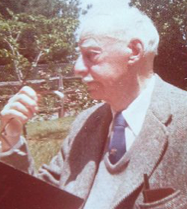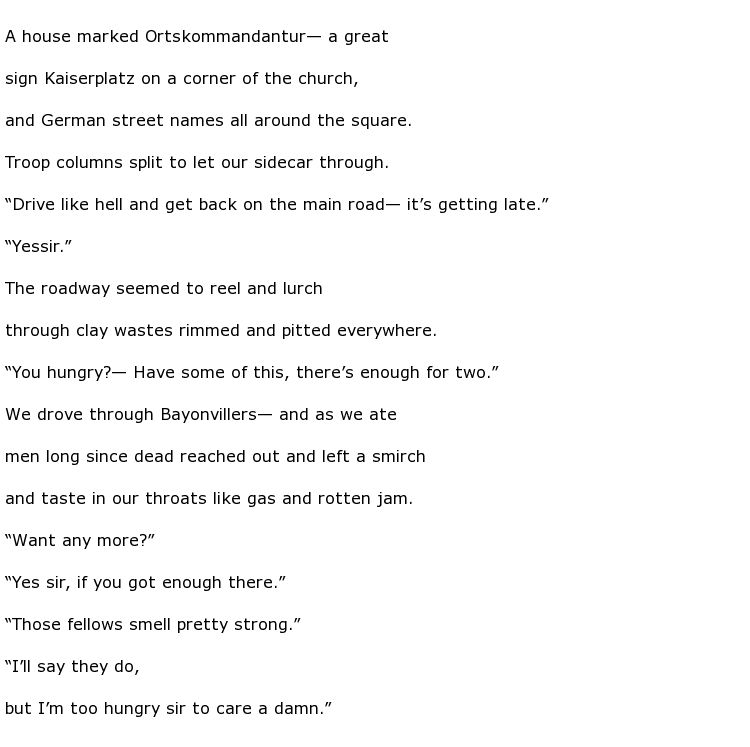 John Allan Wyeth was an American writer, artist and school teacher. His poignant pieces written about the First World War earned him the epithet “war poet” but it actually took until the year 2008 for this to happen. This was when his book
John Allan Wyeth was an American writer, artist and school teacher. His poignant pieces written about the First World War earned him the epithet “war poet” but it actually took until the year 2008 for this to happen. This was when his book

originally published 80 years before, was reprinted. It became one of the so-called

Thus the literary world finally gave him the recognition that this Ivy League-educated man could, and perhaps should, have had decades earlier.
He came into the world on the 24th October 1894 in the city of New York, the son of a surgeon and former Confederate soldier. He was sent to school in NJ, going on from there to Princeton University from where he graduated in 1915. He had a year teaching in Arizona before going back to Princeton to take up the post of Romance languages professor. But then his academic career was interrupted when he joined the US Forces in Europe, as a translator.
He was already writing poetry without much success and he was also interested in becoming an artist. This really took off during the 1930s when he studied under Duncan Grant, one of the famous “Bloomsbury Group” of writers and artists in West London. He spent at least two decades in London and also six years in Paris, working at an academy of art while also studying graphics. His work was good enough to be exhibited at galleries in New York.
His posthumous fame as a poet though is entirely due to harrowing poems such as the one reproduced below. It tells of a fairly routine motor cycle and sidecar ride through a now quiet village street, recently devastated by the Battle of Amiens. The participants are riding along the streets that had been occupied by the Germans and one that now bore the stench of decay and death. The two men, an officer and a private soldier, casually eat while passing through the horrific scene, hence the title Harbonnières to Bayonvillers: Picnic. It is a symbolic breaking of bread as they consume their bread and jam but there is no pleasure in this simple act. The effect is actually a

Here is the sonnet:

It is a mystery though that poetry like this was virtually ignored for so long. While other work brought their authors fame and fortune, with collections published and individual pieces appearing in anthologies, the poems of Wyeth seemed to count for little. Considering his background and the fact that he associated for so long with members of the Bloomsbury Group, and famous American writers like Ezra Pound, it is a great surprise that he received lukewarm reviews. He wrote in a Modernist style and some literary journals, such as Poetry, gave him a modicum of attention but he soon disappeared from view as a writer. Literature is like art in so many ways; it is either a raging success or is almost completely ignored.
John Allan Wyeth died in New Jersey on the 11th May 1981 at the age of 86.

